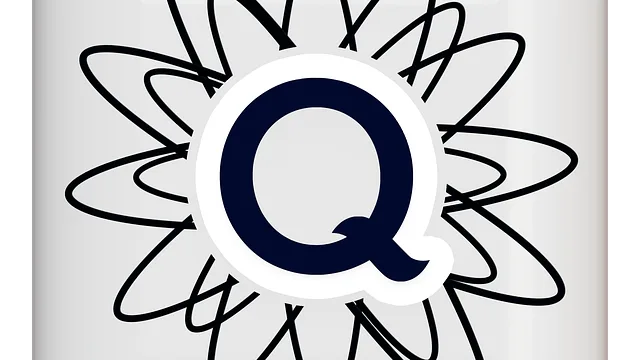Hello! Today, let’s take a closer look at something you’ve probably heard before: IQ. In this post, we’ll explore what IQ really means and introduce some useful English phrases along the way.
What is IQ?
IQ (Intelligence Quotient) is a number that represents a person’s intellectual abilities. In simple terms, it measures how well someone can think, reason, and solve problems. The average score is set at 100.
🧠 English explanation
IQ stands for “Intelligence Quotient”, a measure of a person’s reasoning and problem-solving abilities.
IQ Score Ranges
Here is a general guide to understanding IQ scores:
| Score | Description |
|---|---|
| 130+ | Very superior intelligence |
| 120–129 | Superior intelligence |
| 110–119 | High average |
| 90–109 | Average intelligence |
| 80–89 | Low average |
| 70–79 | Borderline |
| Below 70 | Extremely low |
Is IQ Fixed or Can It Be Improved?
This is a common question.
Is IQ fixed, or can it be improved?
Scientists agree that part of your IQ is inherited, but it can also be influenced by your environment, education, and daily habits.
While part of your IQ is inherited, some aspects can be improved through learning and mental training.
IQ Isn’t Everything
Here’s the key point:
IQ is not the only measure of intelligence. Emotional intelligence (EQ) and creativity also matter.
IQ tests only measure certain types of intellectual ability. To live a successful and fulfilling life, other factors such as EQ, communication skills, and creativity are just as important.
Summary: Useful English Phrases
- IQ stands for “Intelligence Quotient”.
- IQ is not fixed — it can be improved.
- Emotional intelligence is just as important as IQ.
Did this help you understand IQ a bit better? Learning concepts like this through English can make things more memorable and practical. See you next time for more “English Phrases for Learning”!















